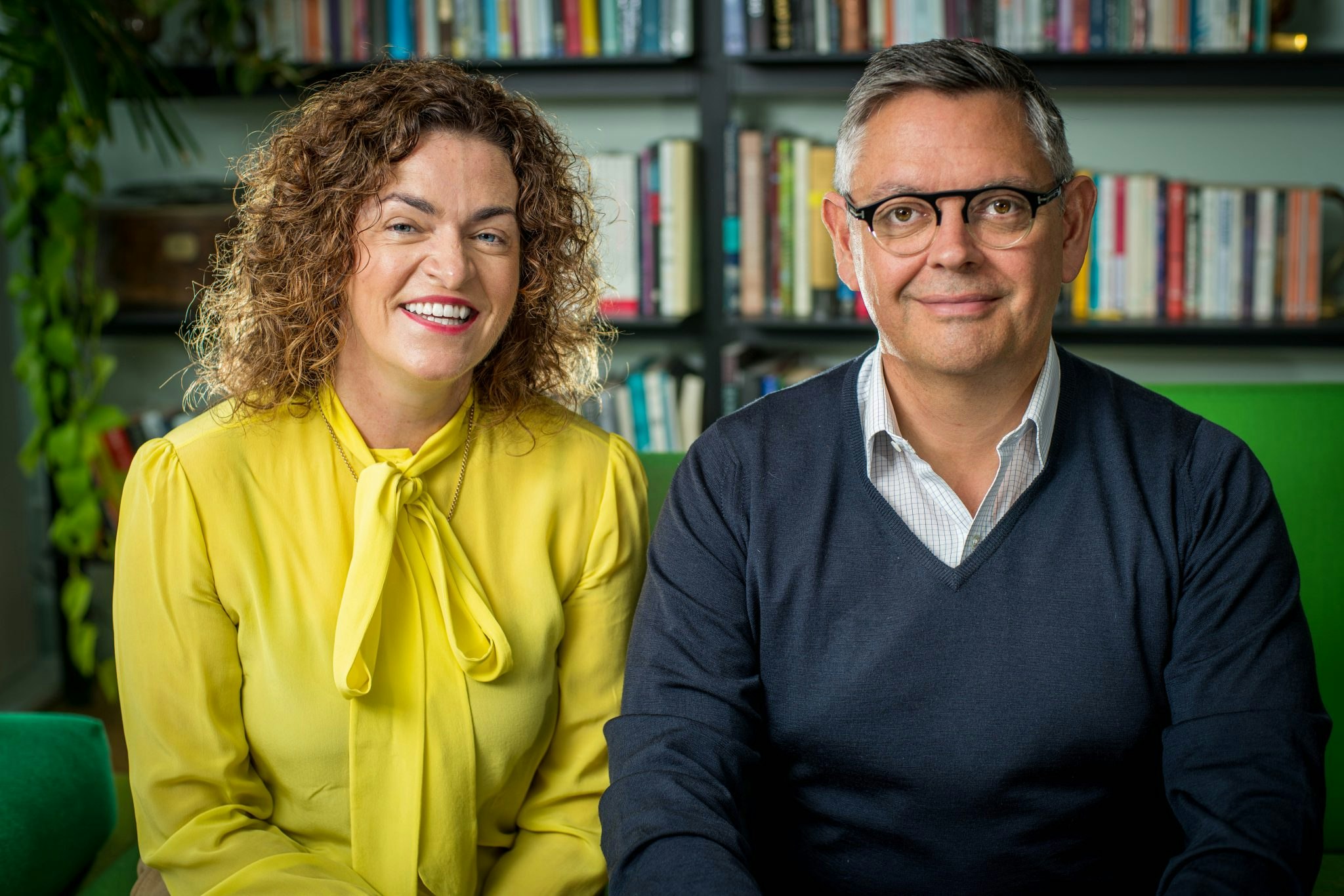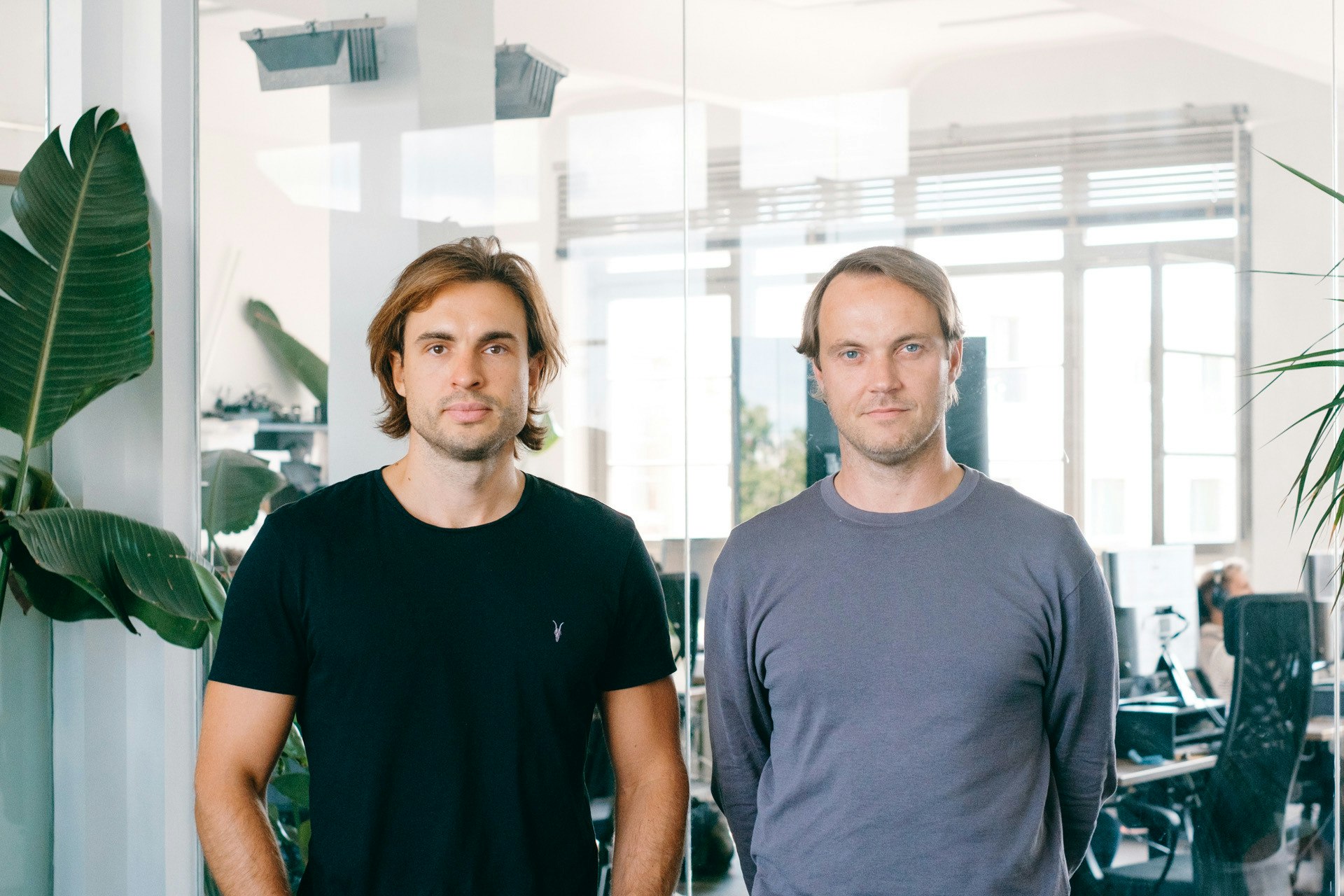Stockholm-based energy platform Fever has announced a €10m seed funding round led by General Catalyst with the participation of Norrsken VC and La Famiglia.
The startup was founded in 2021 by three alumni from payment hardware company Zettle and one from Spotify. By helping big utility companies with tech solutions to trade their energy resources, Fever aims to make their customers more competitive in balancing the energy on the grid, an area where new players such as Sympower and Tibber have played an important role.
The funding will be used for Fever’s product development, to accelerate its expansion plans in Europe.
The grid conundrum
Today’s European grid is struggling to balance supply and demand as the growth of energy sources like wind and solar have made power generation less predictable, while the ongoing electrification has made demand higher.
This has made room for a lot of new actors, building both physical solutions such as batteries for energy storage, and software solutions such as aggregators to help maintain the balance in the grid.
What Fever is focused on is virtual power plants (VPP) which are networks of small energy-producing or storage devices, like solar panels and batteries, that are pooled together to serve the electricity grid. But instead of creating a VPP to trade electricity itself, it is building the platform to help larger businesses such as utility companies, EV fleets and battery energy storage solutions to have VPPs.
Read more: 2024: the year of grid tech
With machine learning and software Fever's platform helps energy companies predict, adapt and optimise energy distribution — and more importantly for Fever’s business model — increase revenue for customers.
Instead of having a subscription-as-a-service model, Fever makes money from its business customers by profit sharing, Klas Johansson, CEO and founder says.
“From previous experience, we’ve noticed that, instead of using contracts, sharing the upside with customers is a natural way to build incentives,” Johansson says.
According to Johansson, the company already has some large energy customers which he cannot mention by name but says: “Even if you aren’t an energy enthusiast, you would recognise the names of our customers.”
From fintech to gridtech
If fintech was the thing to be involved in pre-2022, energy tech looks like one of the hottest sectors in 2024.
So it’s maybe not too much of a surprise to see three out of the four Fever founders having worked at the Swedish fintech Zettle (previously iZettle), up to its acquisition by PayPal, which valued the startup at $2.2bn in 2018.
“At first sight the two sectors may look very different, but both are critical infrastructure in society, have high demands for resilience and security, and quite a lot of data. So there are fairly large overlaps,” Johansson says.
Johansson and his cofounders Ron Stolero and Ruben Flam are not the only ones to jump from fintech to energy tech. Alan Chang, the third employee at Revolut, founded UK energy startup Fuse Energy in 2022.
But whilst Fuse Energy and the Norwegian battery startup Freyr plan expansions to the US in the wake of the IRA bill, Fever has no plans of leaving Europe.
“Europe has the largest grid in the world, so it is exciting to expand into. But when there is an attack in Europe, physical or digital, it carries the risk of knocking out a lot of sensitive infrastructure. So this is also about building a safe and stable electric grid which is important for Europe,” Johansson says.
By having large utility companies as customers, Fever is now looking at two to three markets in Europe where there is a demand for its VPP services.


